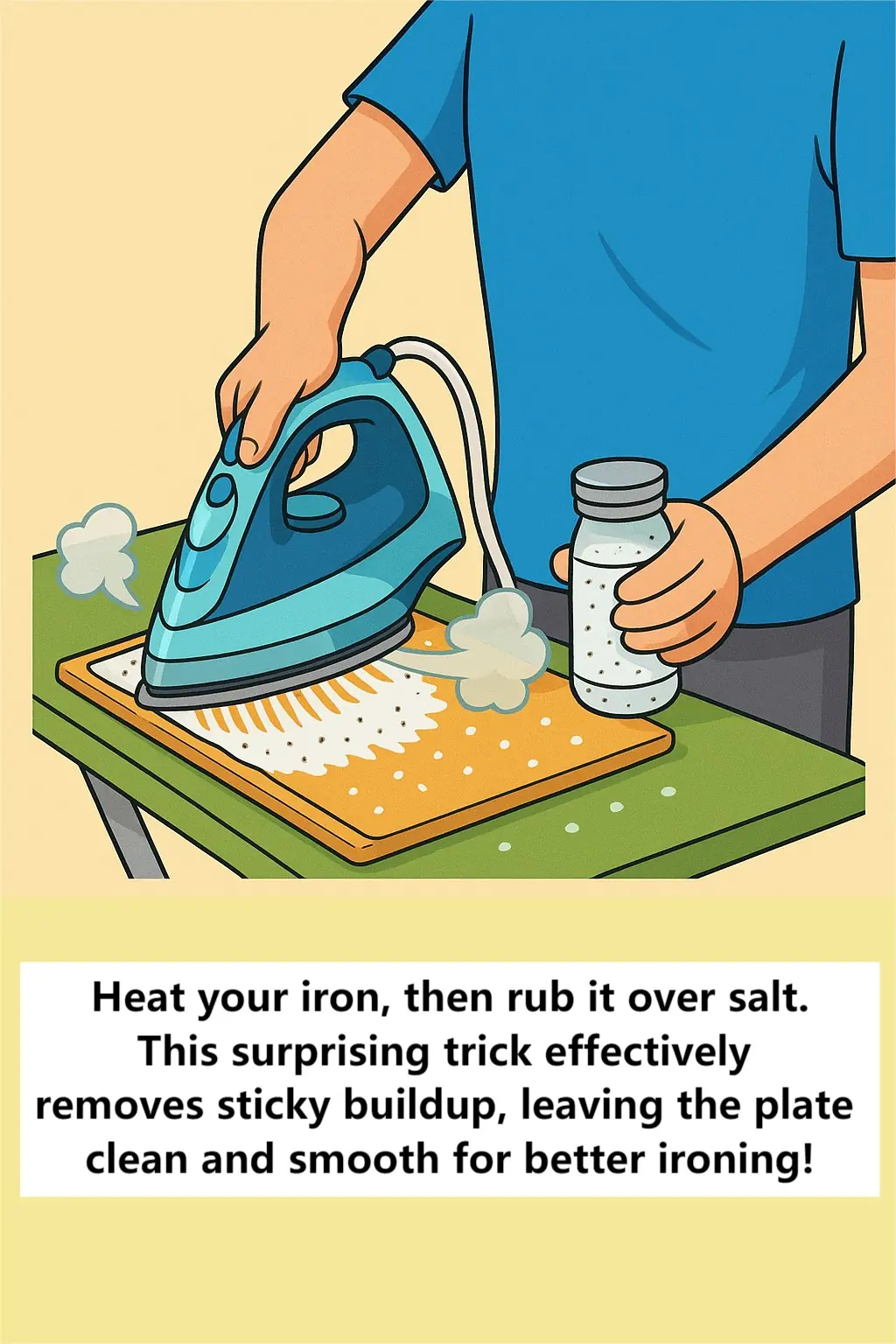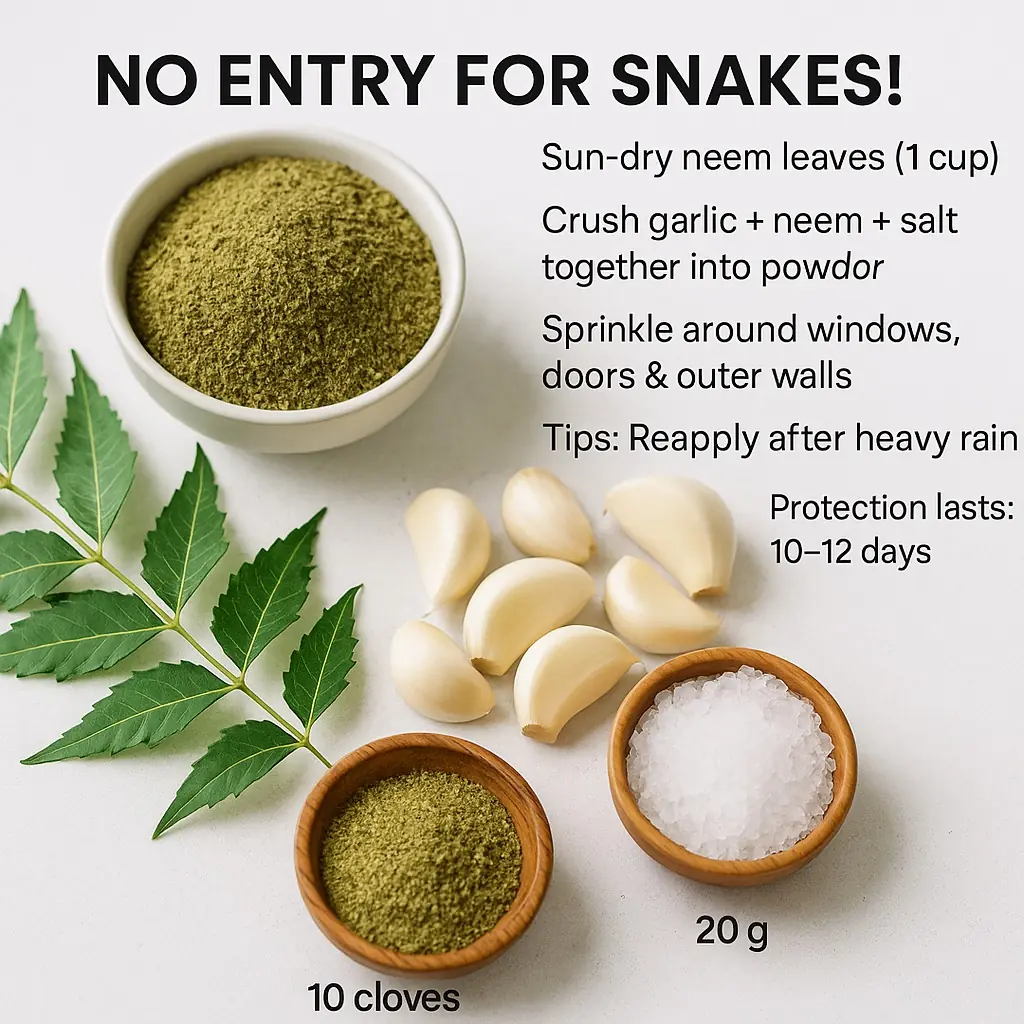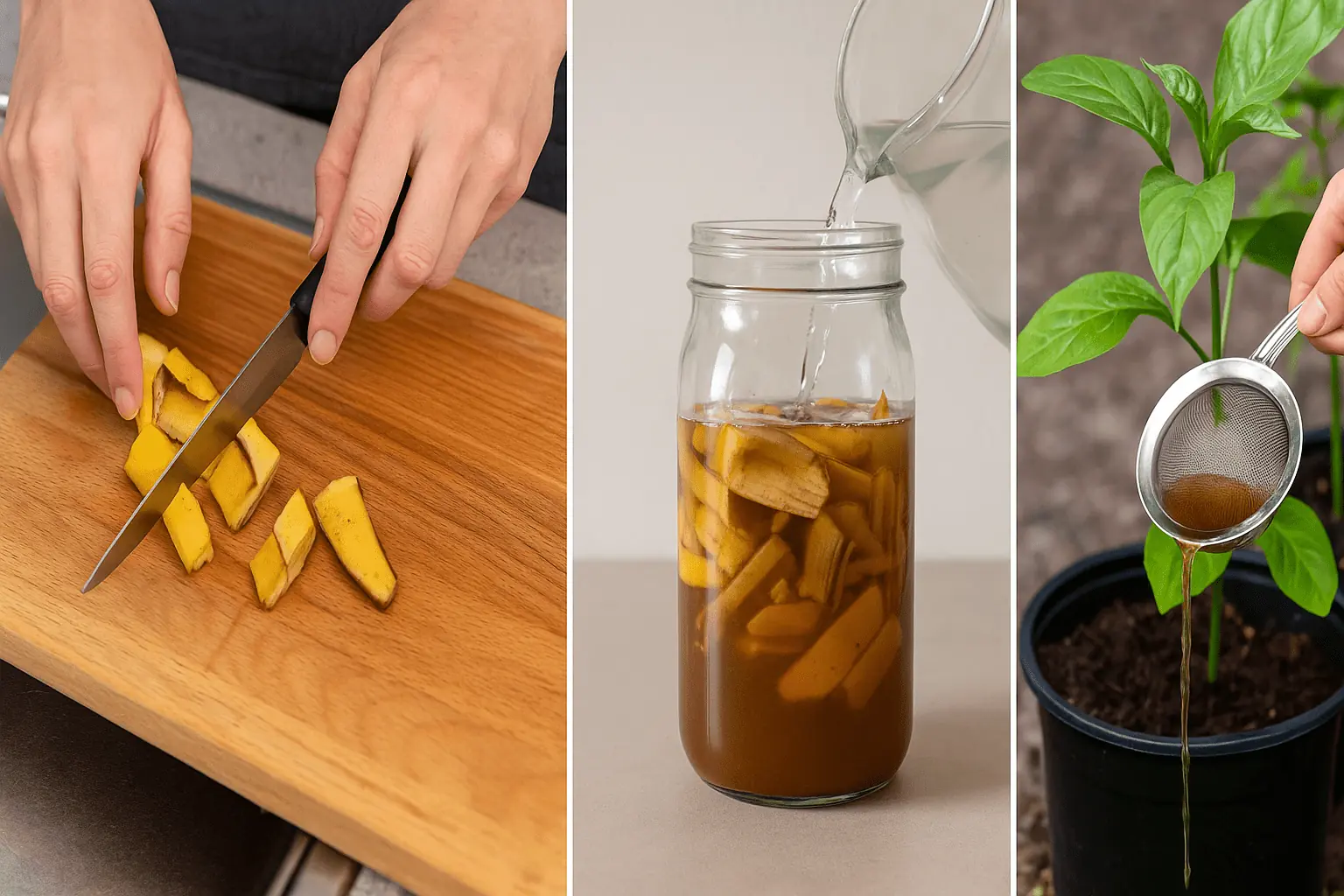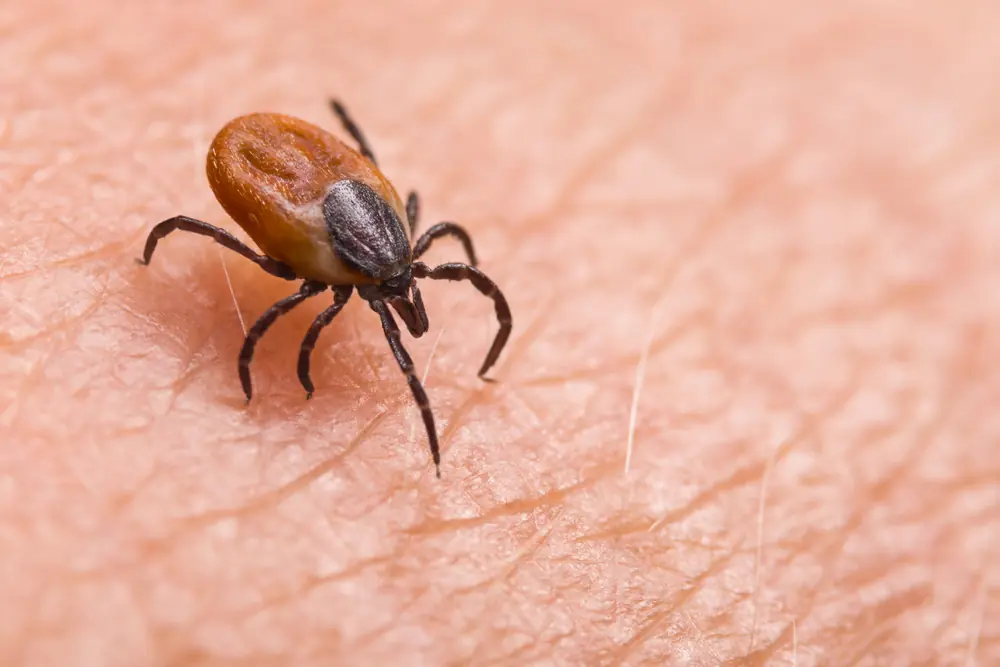
The Secret Ingredient for Thriving Plants—A Cost-Free Gardening Hack

In the world of gardening, where enthusiasts are always on the lookout for innovative and budget-friendly ways to enhance plant health and growth, an unexpected yet powerful ally has emerged: aspirin. Best known for relieving human ailments, this common household medication also possesses remarkable properties that can naturally boost plant vitality. In this article, we explore how aspirin can be used effectively in gardening and provide practical tips for maximizing its benefits.
The Science Behind Aspirin and Plant Growth
Aspirin, or acetylsalicylic acid, plays a crucial role in strengthening plant resilience. Scientific studies have shown that aspirin functions as a salicylate, a compound that activates a plant’s defense mechanisms against pests, diseases, and environmental stressors. By triggering these natural responses, aspirin helps plants grow stronger and more adaptable to challenges.
Additionally, aspirin stimulates the production of essential plant hormones such as salicylic acid and jasmonic acid, which regulate growth processes. This hormonal influence enhances root development, flowering, and fruiting—leading to healthier, more resilient plants.
How to Use Aspirin in the Garden
1. Seed Treatment
Before planting, soak seeds in a diluted aspirin solution to improve germination rates and promote vigorous seedling growth. Dissolve one aspirin tablet in one gallon of water and use it to soak seeds before sowing.
2. Foliar Spray
Mix aspirin tablets with water to create a foliar spray and apply it directly to plant leaves every two to three weeks. This method boosts plant immunity, encourages growth, and strengthens resistance to diseases.
3. Soil Drench
For established plants, apply an aspirin solution directly to the soil around the root zone. This enhances nutrient absorption and root development, resulting in stronger, more resilient plants.
4. Stress Management
During extreme weather conditions, such as heatwaves or droughts, treat plants with aspirin regularly to help them withstand stress. Aspirin’s ability to mitigate environmental stress reduces the risk of yield loss and plant damage.
5. Integrated Pest Management
Use aspirin as part of your pest control strategy to deter harmful insects and minimize plant damage. The salicylic acid in aspirin acts as a natural repellent, reducing the reliance on chemical pesticides.
Conclusion
Aspirin’s ability to enhance plant health and resilience highlights the power of nature’s pharmacy. By incorporating this simple, cost-free solution into your gardening routine—whether through seed treatments, foliar sprays, or soil drenches—you can cultivate robust, thriving plants without relying on synthetic chemicals. As we continue to discover natural alternatives for plant care, aspirin remains a timeless and invaluable tool in fostering vibrant green spaces.
If you found this guide helpful, share it with fellow gardeners and spread the knowledge of this remarkable gardening hack!
News in the same category


The Story Behind the Tiny Pocket on Your Jeans — And Why It’s Still There

Why Bath Towels Are Essential — More Than Just a Post-Shower Staple

17 Tips on How to Spot a Fake Product

Great hacks every family needs

Don’t Boil Eggs Directly In Water — Here’s How FIVE-STAR Hotels Cook Their Eggs!

10 kinds of meat and how long to store them each in the freezer.

How to Unclog Stovetop Burners and Make the Flame Stronger with This Fantastic Homemade Trick

What to Do When Your Refrigerator Has Condensation and Frost in the Freezer

Simple Salt Hack Helps Clean Sticky Irons and Improve Performance

Why You Shouldn’t Sleep Next to a Charging iPhone Thermal Buildup

12 NATURAL HOMEMADE CLEANERS that will clean, sanitize and disinfect everything in our homes

Shocking Kitchen Hack: Eliminate Rats and Cockroaches Forever with This Rice Trick!

The Natural Snake Repellent That Sends Snakes Running — Safe for You, Deadly for Them 🐍❌

How to Effectively Remove Stains from Clothes: Simple Home Remedies That Work

How to Transform Banana Peels into Powerful Homemade Fertilizer In Just 5 Steps

Natural Pest Control with Baking Soda & Vinegar

How To Properly Dispose of Ticks

Clear vs. Cloudy Ice: Why It Happens and How to Make Crystal-Clear Ice at Home
20 Household Cleaning Products You Should Never Mix Together
News Post

WHAT HAPPENS WHEN WE TONGUE KISS…See more

Nature’s Secret: 4 Healing Leaves That Support Metabolism, Immunity & Circulation Naturally

Don’t Drink Coconut Water Before You Know These 11 Secrets!

Pumpkin Seed Milk — The Natural Parasite Cleanser

Fast Rice Water Trick for a Brighter Smile

Morning Drink to Revive Your Kidneys Fast

The Onion Recipe That Could Transform Your Blood Sugar, Support Cleaner Arteries, and Protect Your Heart!

Top 4 Fruits That Help Your Kidneys Flush Out Toxins While You Sleep

Ginger, Clove, and Honey: The Natural Trio Your Body Will Thank You For

Heal 15 Years of Joint Pain Naturally with Turmeric and Honey Tea

This Juice Revived My Grandma’s Energy — Say Goodbye to Fatigue and Body Pain with This Natural Recipe

The Benefits of Eating 2 Boiled Eggs Every Morning: Transform Your Health!

If Your Kidneys Are in Danger, Your Body Will Send You These 8 Signals — Don’t Ignore Them

The Surprising Effects of Avocado on Your Heart and Brain

Ways to Get Over a Man Who Didn’t Value You

I’m 66 but Look 36 — My Secret? Aloe Vera & Ginger for Firm, Smooth Skin

How to Make Okra Water to Treat 17 Health Problems Naturally

Banana and Egg Mask to Look Younger Even in Your 80s

Scent Leaf Secrets Unveiled: 10 Surprising Health Benefits of This Miracle Herb
